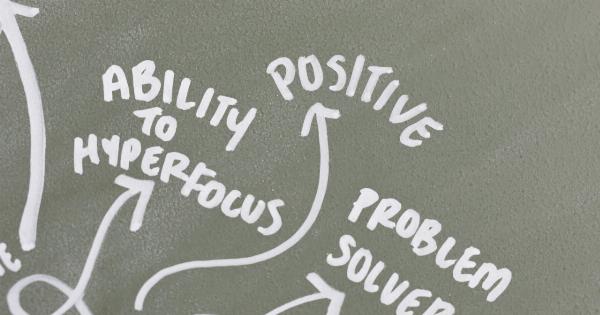When should kids start drinking coffee?
Coffee is one of the most popular beverages around the world, enjoyed by millions of adults to kickstart their day or simply for its rich flavor. However, when it comes to introducing coffee to children, parents often wonder about the appropriate age.
This article aims to explore the effects, benefits, and risks associated with children consuming coffee.
1. Understanding caffeine
Caffeine is a natural stimulant found in various foods and beverages, including coffee. It stimulates the central nervous system and provides a temporary boost in energy and alertness.
However, children are more sensitive to the effects of caffeine than adults, as their bodies are still developing.
2. Effects of coffee on children
While caffeine can have certain benefits, excessive consumption or introducing it at a young age can lead to several side effects in children. These effects may include increased heart rate, insomnia, jitteriness, anxiety, and even digestive problems.
It is essential to be aware of the potential risks before considering allowing your kids to consume coffee regularly.
3. Recommended age to start
Experts generally advise against introducing coffee to children under the age of 12. The developing bodies of younger children may not be able to handle the effects of caffeine and could disrupt their sleep patterns, growth, and overall health.
However, individual circumstances and maturity levels should also be considered.
4. Benefits of delaying coffee consumption
Delaying the introduction of coffee to children allows them to establish healthy sleep patterns and encourages the consumption of more nutritious beverages, such as milk and water.
Additionally, it helps develop their taste preferences away from caffeinated and sugary drinks, which can lead to long-term health benefits.
5. Alternative options
If your child is curious about coffee or desires a warm beverage, there are suitable alternatives available. Herbal teas, such as chamomile or mint, can offer a comforting and caffeine-free option.
Warm milk with a sprinkle of cinnamon or decaffeinated hot chocolate are also popular choices.
6. Moderation is key
If your child is nearing adolescence and you decide to allow them a moderate amount of coffee, it is crucial to establish guidelines. Limit their intake to one cup per day and consider choosing decaffeinated or lightly roasted options.
It is also vital to monitor any potential side effects and adjust accordingly.
7. The importance of education
As your child grows older, it is essential to educate them about caffeine and its effects on the body. Teach them about moderation, responsible consumption, and the potential risks associated with excessive coffee intake.
Empowering them with knowledge will help them make informed decisions when it comes to their caffeine consumption.
8. Consulting with a healthcare professional
If you have concerns or questions about your child’s coffee consumption, it is always advisable to consult with a pediatrician or healthcare professional.
They can provide tailored advice based on your child’s individual needs, health conditions, and overall well-being.
9. Conclusion
While there is no specific age set in stone for when children should start drinking coffee, it is generally recommended to delay its introduction until at least the age of 12.
Delaying allows children to establish healthy habits and minimize the potential risks associated with caffeine consumption. Ultimately, parents should consider their child’s maturity level, individual circumstances, and consult with healthcare professionals when making decisions regarding coffee consumption.




























